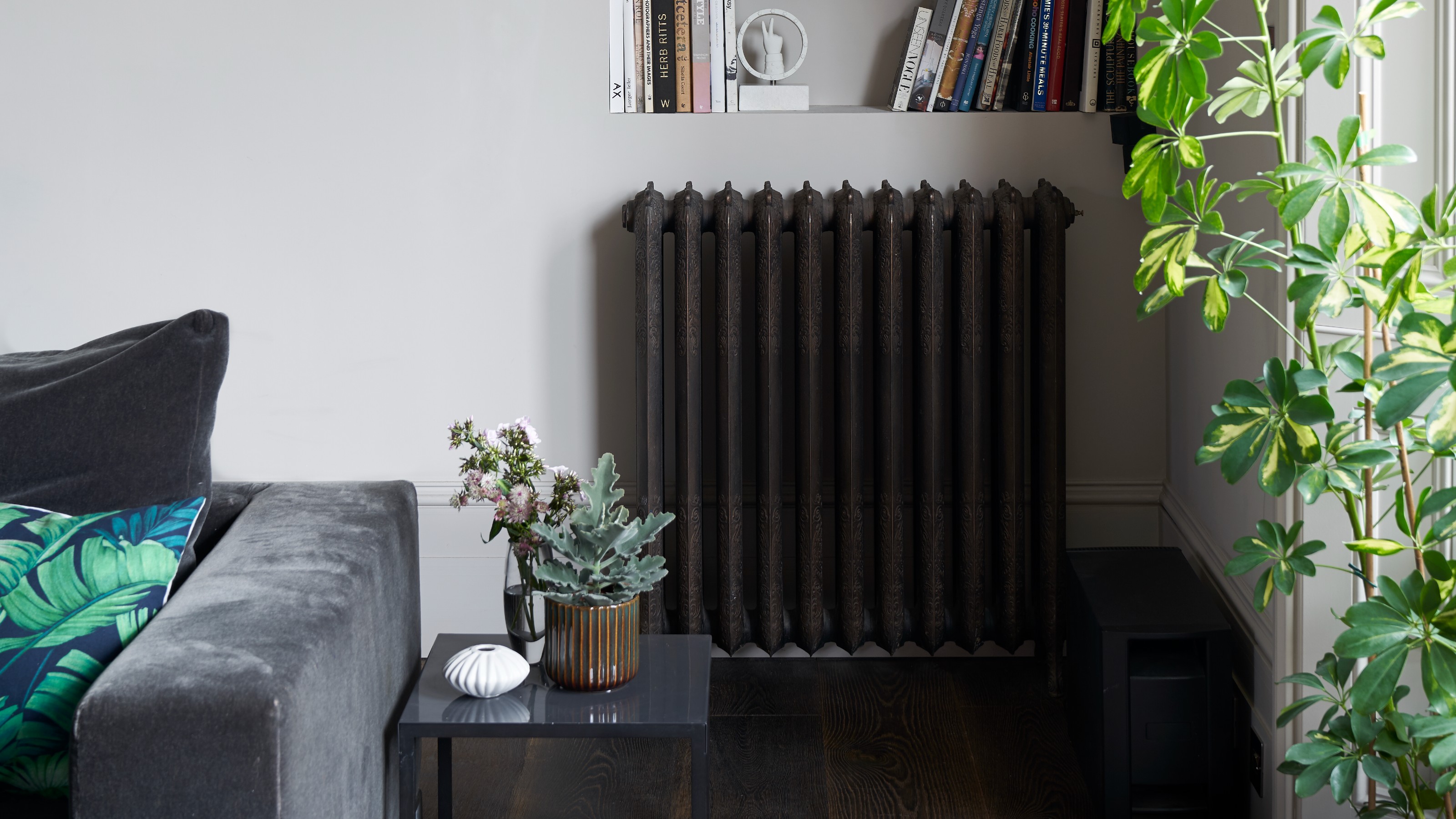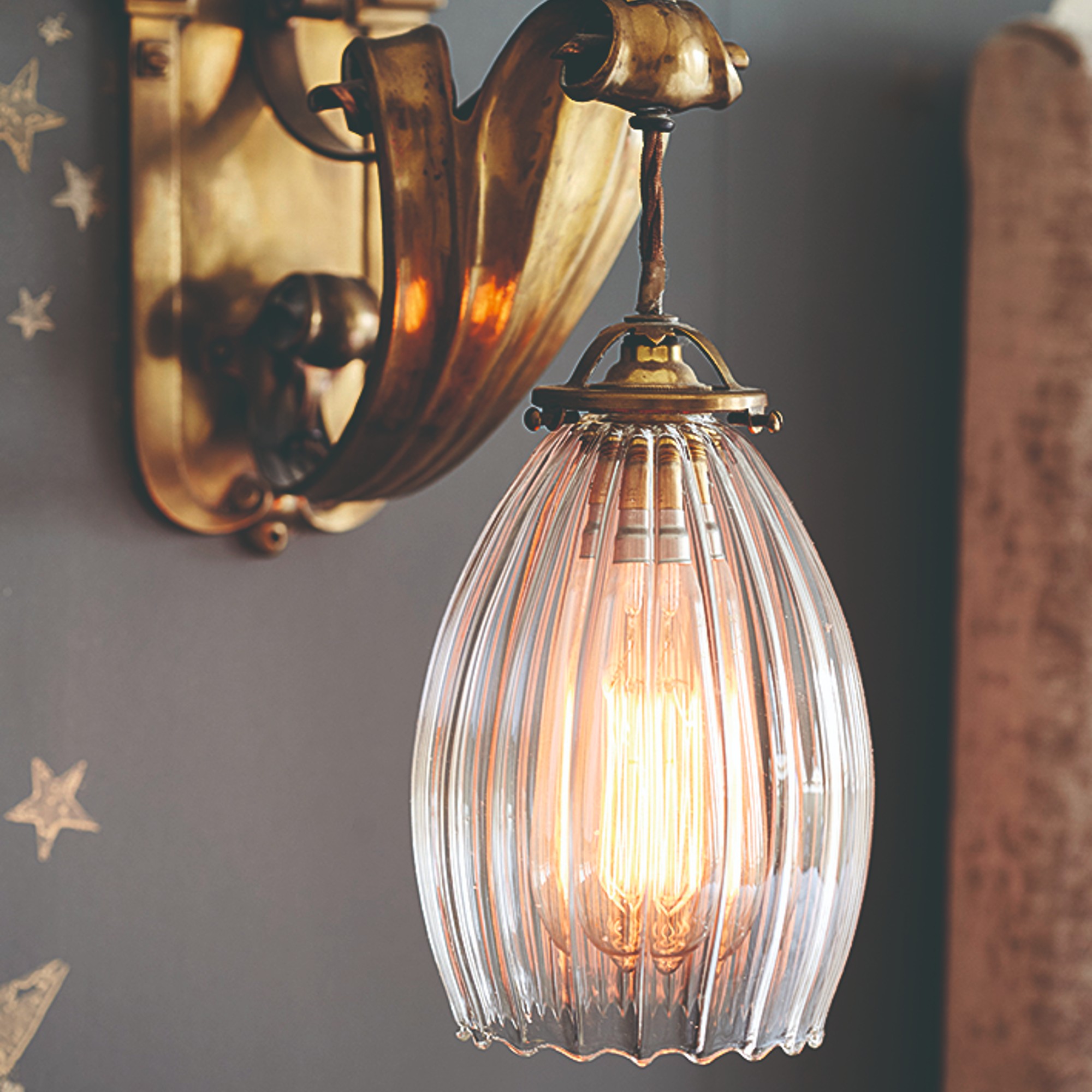Ofgem delivers bad news as energy bills are set to rise by 10% from this October
This is all you need to know about the October energy price cap and what it means for you


Ofgem has announced the latest new energy price cap going into effect from 1st October – and unfortunately, it’s not the good news we’d been hoping. The price cap is set to rise by 10%, which is equal to an extra £149. Ofgem predicts this will be adding about £12 extra a month to an average energy bill for customers.
Set at £1,717, this comes as quite a blow to consumers as the energy price cap had been dropping for the previous two quarters as both the April energy price cap and the most recent July energy price cap set at £1,568 were lower than the previous quarter. July's figure is the lowest the price cap has been in the last two years.

It is also disappointing because last year’s October energy price cap presented a drop compared to the previous quarter – however, it is worth saying that the new price gap is still lower than the 2023 eneregy price gap. The October price cap for 2023 was more than £200 higher than this year’s October price cap.
‘We know that this rise in the price cap is going to be extremely difficult for many households,' said Jonathan Brearley, CEO of Ofgem, advising the nation on how to save on their energy bills.
'Anyone who is struggling to pay their bill should make sure they have access to all the benefits they are entitled to, particularly pension credit, and contact their energy company for further help and support.
'I’d also encourage people to shop around and consider fixing if there is a tariff that’s right for you – there are options available that could save you money, while also offering the security of a rate that won’t change for a fixed period.'
You can also try these tips to help you beat the price cap increase, by reduce your bills by more than they might rise.
Get the Ideal Home Newsletter
Sign up to our newsletter for style and decor inspiration, house makeovers, project advice and more.

What is the energy price cap?
The energy price cap is the maximum that energy companies are allowed to charge their customers per kilowatt hour of used energy on top of a standing charge per day. It is set every three months by Ofgem, the UK’s independent energy regulator, based on the wholesale market prices for gas and electricity among other things. And it has a direct effect on the nation’s electricity and gas bills.
The price cap is expressed as an average annual cost for a ‘typical consumer’, as Ofgem calls it, and their ‘regular energy use’, which is calculated according to the national average usage. So the price cap doesn’t represent the maximum a customer can be charged for their energy usage – if you use more energy than the calculated ‘regular energy use’, you will pay more.

What the experts say
While this piece of bad news is brand new information to most consumers, it only confirmed field experts’ predictions, including the most trusted of them all, Cornwall Insight. The energy market intelligence and analysis provider predicted the October 2024 energy price cap at £1,713.62, a mere £3.38 off the actual figure.
Like Ofgem other experts advise you to be smart with energy usage at home and shop around for the best energy contract.
'The new price cap, at £1,717, is 10% higher than the previous figure, meaning energy bills are set to rise just as we begin to enter the colder months,' says Gareth Kloet, Go.Compare's energy spokesperson.
'Our energy costs naturally increase over the autumn and winter months, as the days draw in and we rely more on light and heating at home. With this in mind, it’s more important than ever to consider our energy use carefully and to be as energy efficient as possible. Little changes can make a surprising difference in terms of saving both energy and money.'
Elise Melville, energy expert at Uswitch.com, continues, 'However, it is not all doom and gloom, as there are options available to households who want to avoid uncertainty over what they pay. There are currently several fixed deals that are cheaper than the October price cap and would protect households from upcoming price rises.
'The cheapest deal on offer is a 12-month fixed tariff from Outfox The Market at £1,592, which would save homeowners £125 annually compared to October rates. Now is a good time for anyone thinking of switching to shop around, while there are competitive deals to choose from.'

Why is the new price cap higher?
The energy price cap’s fluctuating figure is based on the current state of the wholesale energy market. But Jonathan at Ofgem says:
'Ultimately the price rise we are announcing today is driven by our reliance on a volatile global gas market that is too easily influenced by unforeseen international events and the actions of aggressive states. Building a homegrown renewable energy system is the key to lowering bills and creating a sustainable and secure market that works for customers,' he said.
Elise adds, 'Volatility in the wholesale market is to blame, and the expectation is that prices could rise again in January, pushing households’ winter bills even higher.'
Here’s to hoping that despite this prediction, we’ll be able to deliver better news than this in three months-time.

Sara Hesikova has been a Content Editor at Ideal Home since June 2024, starting at the title as a News Writer in July 2023. She is now also the Ideal Home Certified Expert in Training on Furniture, and so far has tested 80 different sofas.
Graduating from London College of Fashion with a bachelor’s degree in fashion journalism in 2016, she got her start in niche fashion and lifestyle magazines like Glass and Alvar as a writer and editor before making the leap into interiors, working with the likes of 91 Magazine and copywriting for luxury bed linen brand Yves Delorme among others.
-
 5 signs you’ve taken decluttering too far — and how you can pull yourself back, according to organisation experts
5 signs you’ve taken decluttering too far — and how you can pull yourself back, according to organisation expertsYou might have to start resisting the urge to purge
By Lauren Bradbury
-
 What is the Party Wall Act 3m rule and is it something you should be worried about? This is what the experts say
What is the Party Wall Act 3m rule and is it something you should be worried about? This is what the experts sayDon't get caught off-guard by the Party Wall Act 3m rule — our expert guide is a must-read
By Natasha Brinsmead
-
 Shoppers can’t get enough of The Range’s lemon tree, but I’ve found an even cheaper bestseller at B&Q - it’s perfect for a Mediterranean look
Shoppers can’t get enough of The Range’s lemon tree, but I’ve found an even cheaper bestseller at B&Q - it’s perfect for a Mediterranean lookWelcome the summer with this glorious fruit tree
By Kezia Reynolds